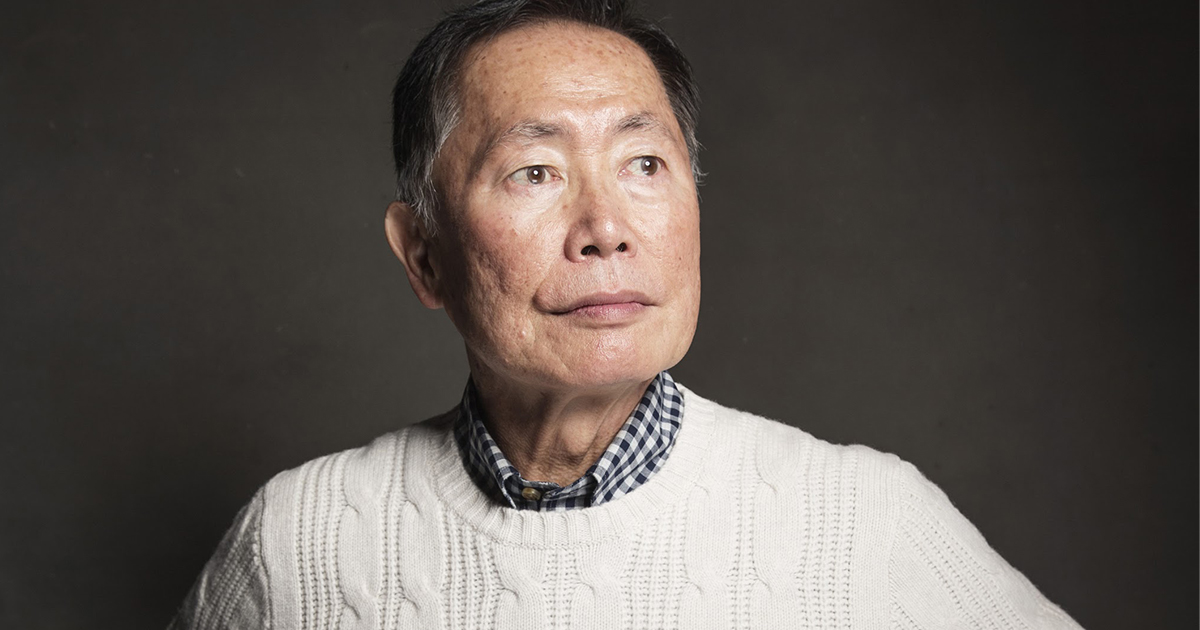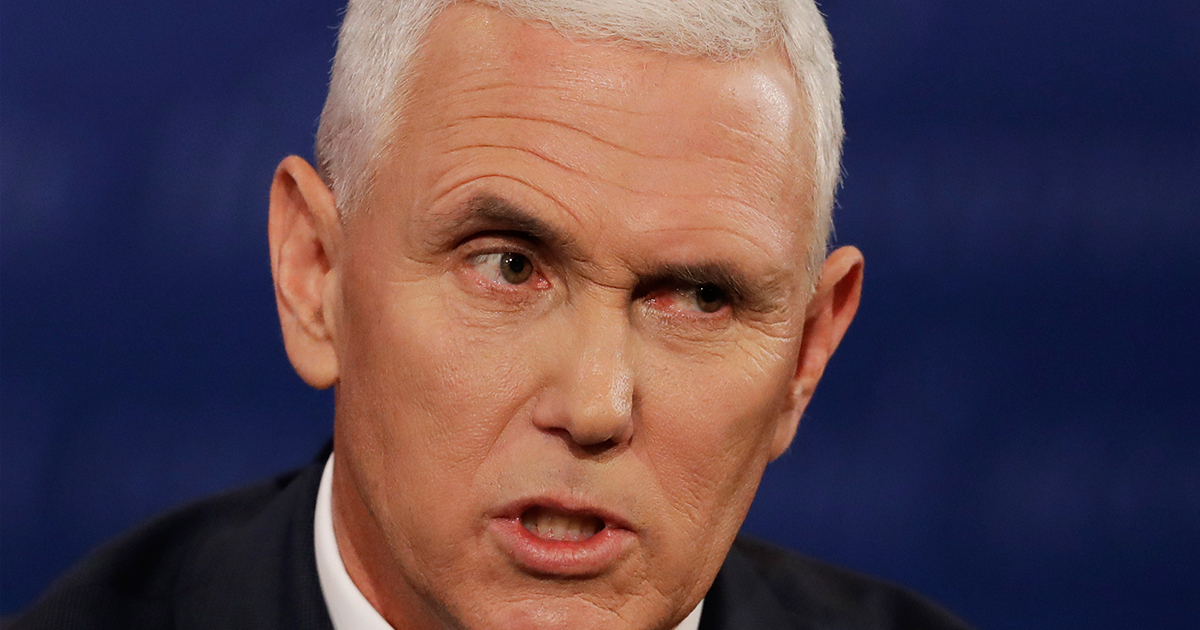George Takei Blasts Mike Pence on 'Extreme Vetting'

By:
Actor and activist George Takei fired off quite a few tweets during Tuesday night's vice presidential debate: he attacked Republican vice presidential nominee Gov. Mike Pence (R-Ind.) on numerous issues including LGBT rights, women's healthcare, and environmental policy. But the "Star Trek" icon's most powerful comment arrived amidst an exchange on immigration.
 AP/Victoria Will - facebook.com
AP/Victoria Will - facebook.com
Takei — who spent several years of his childhood in a Japanese internment camp — lay into Pence for the Donald Trump campaign's proposed plan to subject immigrants to "extreme vetting" including ideological tests before they enter the country.
He compared the Trump campaign's immigration plan to the incarceration of Americans of Japanese descent during World War II.
Takei's tweet referenced Pence's response to a question from moderator Elaine Quijano about Republican presidential nominee Donald Trump's immigration plan and preventing future terrorist attacks committed by U.S. citizens, not immigrants.
 AP/Patrick Semansky - apimages.com
AP/Patrick Semansky - apimages.com
"I mean, Donald Trump has called for extreme vetting for people coming into this country so that we don't bring people into the United States who are hostile to our Bill of Rights freedoms, who are hostile to the American way life," Pence said. (He did not address Quijano's query about terrorist attacks committed by U.S. citizens and legal residents.)
Trump's proposed ideological test left many wondering if measuring "American values" — as the candidate put it at an Ohio speaking event — was simply a coded way of discriminating against minorities.
American Civil Liberties Union director Hina Shamsi interpreted Trump's proposal as aiming to prohibit Muslim immigrants from entering the country, Politico reports.
This form of racial profiling is similar to that experienced by Americans of Japanese descent during World War II.
The use of Japanese internment camps is widely considered one of the country's most shameful historical moments.
Following an 1980 investigation, Congress issued a report deeming Japanese internment camps a "grave injustice" fueled by "racial prejudice, war hysteria and the failure of political leadership," NPR reports.
Takei spoke about this part of his childhood in a 2015 appearance on the news program "Democracy Now!"
From the transcript (which is well worth watching or reading in full on Gizmodo):
"My mother was born in Sacramento, California. My father was a San Franciscan. They were Northern Californians. And they met in Los Angeles, so I was born in Southern California. But there's no north-south divide in our family. We're Americans. We were and are—my parents have passed now, but we were citizens of this country. We had nothing to do with the war. We simply happened to look like the people that bombed Pearl Harbor. But without charges, without trial, without due process—the fundamental pillar of our justice system—we were summarily rounded up, all Japanese Americans on the West Coast, where we were primarily resident, and sent off to 10 barb wire internment camps—prison camps, really, with sentry towers, machine guns pointed at us—in some of the most desolate places in this country: the wastelands of Wyoming, Idaho, Utah, Colorado, the blistering hot desert of Arizona, of all places, in black tarpaper barracks. And our family was sent two-thirds of the way across the country, the farthest east, in the swamps of Arkansas.
"And it's from this experience that, when I was a teenager, my father told me that our democracy is very fragile, but it is a true people's democracy, both as strong and as great as the people can be, but it is also as fallible as people are. And that's why good people have to be actively engaged in the process, sometimes holding democracy's feet to the fire, in order to make it a better, truer democracy."
